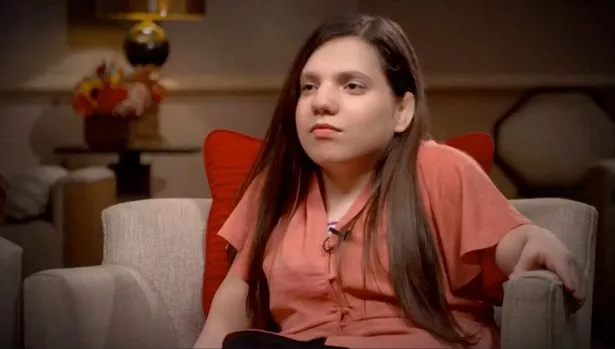The Complex Story of Kristine Barnett: Adoption, Controversy, and True Crime Media
Kristine Barnett's name has become synonymous with one of the most divisive adoption stories in recent memory. Her journey, marked by compassion, suspicion, and legal battles, continues to capture the attention of audiences through documentaries and dramatizations. In this article, we delve into the details of Kristine Barnett's story, the controversy around Natalia Grace, and how their tale reshaped public perception of adoption and familial bonds.

Kristine Barnett's case gained international attention and inspired numerous documentaries and dramas.
Who Is Kristine Barnett?
Kristine Barnett once stood as a celebrated author and advocate, best known for her work in nurturing the talents of children with autism—especially her own son Jacob, a child prodigy. However, in 2010, Kristine and her then-husband, Michael Barnett, adopted Natalia Grace, a Ukrainian girl born with dwarfism. What began as a story of hope quickly turned into a whirlwind of controversy and suspicion.
The Adoption of Natalia Grace: Differing Perspectives
Shortly after Natalia joined the Barnett family, Kristine Barnett noticed behaviors and biological signs that raised questions about Natalia’s real age. This led to a contentious court case where the Barnetts had Natalia's birth year legally changed, effectively making her an adult in the eyes of the law (source). The couple claimed Natalia was an adult intent on deceiving them and harming their family, while Natalia maintained she was a child who needed care.
Medical evidence and later court proceedings added complexity. DNA analysis and medical tests supported that Natalia was, in fact, a child at the time of the adoption, further complicating the matter (read more).
Media Attention and Legal Consequences
This story has inspired extensive coverage and public debate, notably fueling the creation of the Hulu series "Good American Family." The show dramatizes competing viewpoints within the Barnett household, giving new perspectives on Kristine Barnett, Michael Barnett, and Natalia Grace. The real-life legal aftermath saw Kristine and Michael charged with neglect, but both would later see those cases dismissed or acquitted—yet the questions around their actions linger (details here).
Kristine Barnett in the Public Eye
Media portrayals continue to shape Kristine Barnett’s legacy. While some see her as a concerned mother, others criticize her choices and call for greater accountability in adoption processes. Documentaries, news analysis, and dramatic retellings like "The Curious Case of Natalia Grace" and "Good American Family" have kept the debate alive, prompting national conversations about the responsibilities adoptive parents face—particularly in cases involving children with disabilities or unclear backgrounds.
The Impact and What Lies Ahead
Today, Kristine Barnett’s story remains a source of fascination, heartbreak, and controversy. Natalia Grace now reportedly thrives with a new family. Meanwhile, Kristine Barnett’s actions continue to be scrutinized in media and courtrooms alike. The case stands as a poignant example of how good intentions can sometimes lead to unintended, tragic consequences, and why transparency and compassion are critical in adoption.
For more in-depth coverage, explore an analysis of the Hulu series "Good American Family" or read an independent review of the real-life events and their dramatization.
Summary:
Kristine Barnett’s involvement in the adoption and controversial abandonment of Natalia Grace continues to spark debate and inspire media adaptations. As stories like this reach wider audiences, they remind us of the importance of due diligence, empathy, and responsibility within families and society.